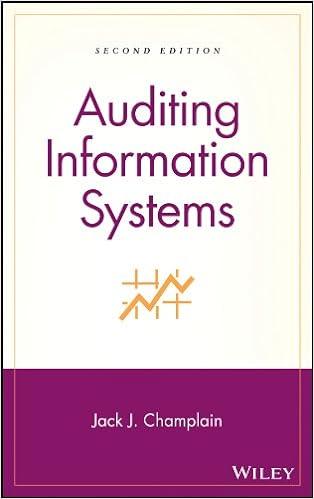Question
21. Sam commutes from her suburban residence to the city center. When asked her opinion of a proposed congestion tax of $5 per trip, she
21. Sam commutes from her suburban residence to the city center. When asked her opinion of a proposed congestion tax of $5 per trip, she says, Of course I oppose the congestion tax. It would make me worse off by $5 per trip. Which of the following statements best describe the conditions under which the congestion tax would make Sam better off?
- Sam has a relatively high opportunity cost of travel time.
- Sam has a relatively low opportunity cost of travel time.
- Sam cannot change her work schedule to avoid the time the congestion tax is in effect.
- Sam cannot change her travel route to avoid the roads subject to the congestion tax.
23. When computers and word processors first made their way into offices, an attorney (who bills by the hour) complained that because the new machines allow him to work faster, he would be working fewer hours and his income would go down. How would an economist explain the attorneys worries?
- The attorney is correct, the economist Ned Ludd first noted this phenomenon in the 1800s.
- The attorney is irrational.
- The attorney is incorrect, this an example of agglomeration economies that explain most of economic growth.
- If the attorney can work faster, then he is more productive and he should be able to see his income increase.
24.
The shift from typewriters to word processors is an example of
- Capital deepening
- Industry clusters
- Agglomeration economies
- Comparative advantage
- Knowledge spillovers
Step by Step Solution
There are 3 Steps involved in it
Step: 1

Get Instant Access to Expert-Tailored Solutions
See step-by-step solutions with expert insights and AI powered tools for academic success
Step: 2

Step: 3

Ace Your Homework with AI
Get the answers you need in no time with our AI-driven, step-by-step assistance
Get Started


